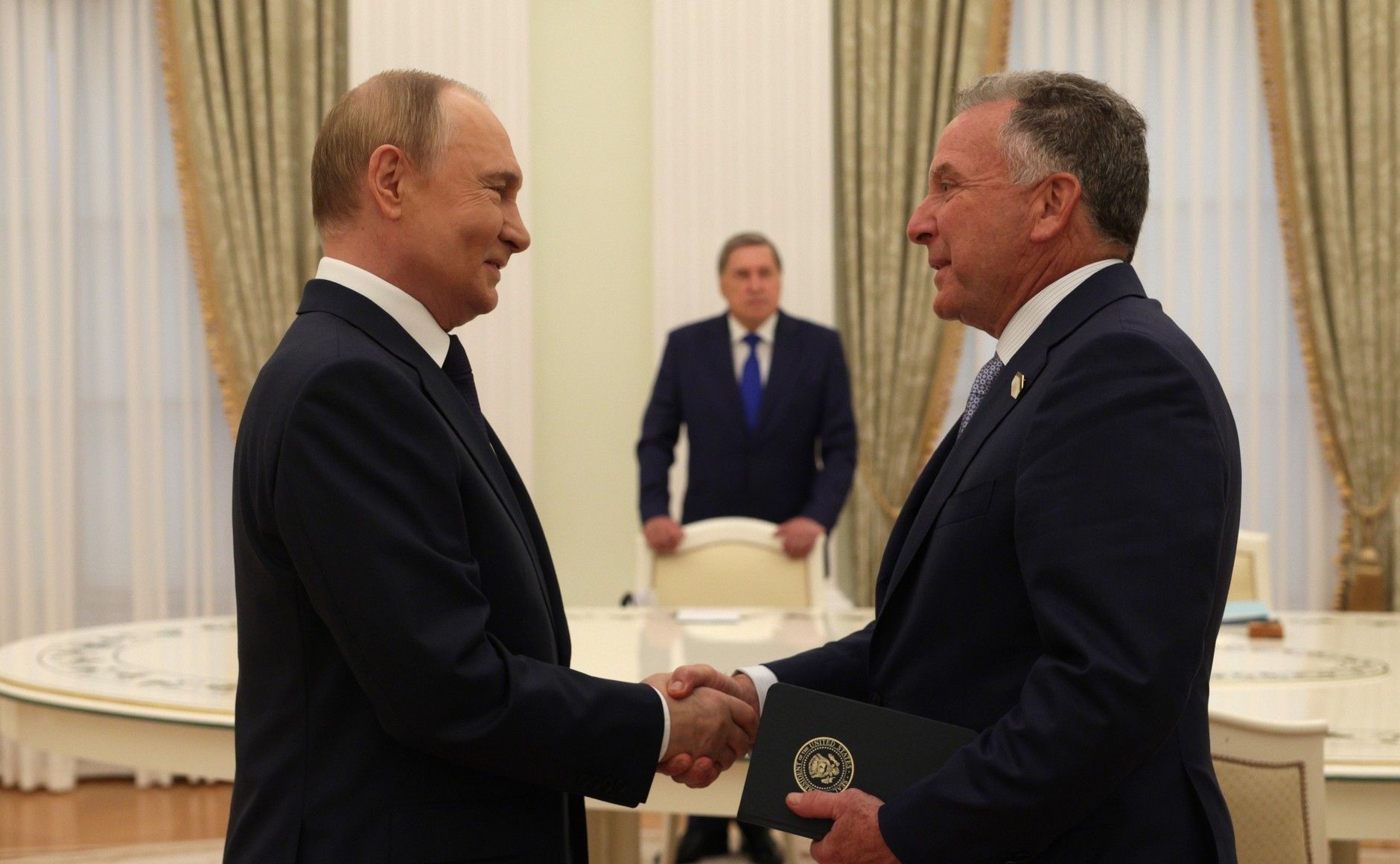Trump signs order imposing additional 25% tariff on Indian imports over Russian oil ties to pressure Moscow into peace deal

Editor's note: This story was updated to include the statement made by India's Foreign Ministry.
U.S. President Donald Trump signed an executive order on Aug. 6 imposing a 25% tariff on imports from India in response to New Delhi's continued purchase of Russian oil, the White House said.
The move targets Russian oil sales that fuel Moscow's war economy and opens the door to similar tariffs on other countries that continue buying Russian oil, the White House said in a press release.
The previous 25% tariff, announced on July 31 and effective from Aug. 1, was also imposed in response to India's continued purchases of Russian energy and arms during the ongoing war in Ukraine.
The new order, which takes effect in 21 days, states that India's ongoing direct or indirect import of Russian crude poses an "unusual and extraordinary threat" to U.S. national security and foreign policy. The imposed tariffs aim to pressure Russia "toward a resolution that ends the conflict and saves lives".
"Articles of India imported into the customs territory of the United States shall be subject to an additional ad valorem rate of duty of 25 percent," the order reads.
The tariff will apply to goods imported for sale or use or withdrawn from warehouses after the deadline, with limited exceptions for goods already in transit.
"President Trump has been transparent that the Russian Federation would not be facing these actions if they were to 'get a deal where people stop getting killed,'" the press release says.
According to the decree, the move builds on previous executive actions, including a 2022 ban on imports of Russian oil and petroleum products. That order expanded an earlier national emergency declared in 2021 related to harmful foreign activities by the Russian government.
Trump said the new tariffs are "necessary and appropriate" to address India's energy trade with Russia.
India's Foreign Ministry issued a response on Aug. 6 criticizing the U.S. action, saying its oil imports are based on market factors and aimed at "ensuring energy security for 1.4 billion people".
"It is therefore extremely unfortunate that the U.S. should choose to impose additional tariffs on India for actions that several other countries are also taking in their own national interest," the ministry said in a statement.
"We reiterate that these actions are unfair, unjustified and unreasonable," the statement added, noting that India "will take all actions necessary to protect its national interests."
India ramped up Russian oil imports after Moscow launched its full-scale invasion of Ukraine in 2022, taking advantage of big discounts and reduced demand from Europe. It became the second-largest buyer of Russian crude after China, with Russian oil accounting for more than a third of the country's total crude imports.
Two senior Indian officials told the New York Times on Aug. 2 that the White House announcement would not impact the country's energy or trade policy. The government has "not given any direction to oil companies" to reduce Russian imports, according to one official.
India's largest oil refiner, Indian Oil Corp, has reportedly paused Russian crude purchases and instead bought 7 million barrels of U.S., Canadian, and Middle Eastern crude for September delivery, Reuters reported on Aug. 4.
In a post on Truth Social on Aug. 4, Trump criticized India's imports of Russian oil.
"India is not only buying massive amounts of Russian oil, they are then, for much of the oil purchased, selling it on the open market for big profits," Trump wrote. "They don't care how many people in Ukraine are being killed by the Russian war machine. Because of this, I will be substantially raising the tariff paid by India to the U.S."












